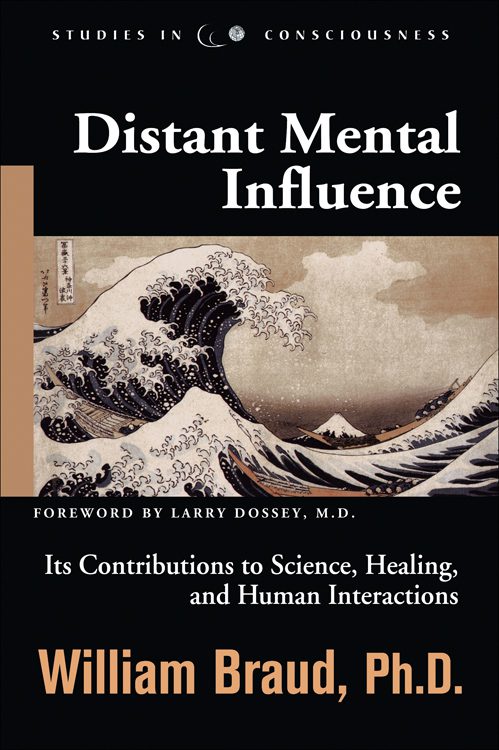Professionals in modern psychology, behavioral medicine, and psychoneuroimmunology are exploring ways in which we can “mentally” influence our own bodies through hypnosis, imagery, visualization, attention, intention, and other forms of self-regulation–for fostering physical and psychological health and well-being.
- Is it possible for us to use such techniques to influence others, even at a distance, for purposes of healing?
- Is it possible for us to influence the images, thoughts, behaviors, and physiological reactions of other persons–separated by distance–without conventional sensory means of interaction?
- Can these abilities extend to animals and even to cells (e.g., human red blood cells)?
- Might these abilities be involved in the efficacy of distant, mental, or spiritual healing and intercessory prayer?
- Might these influences even extend to events distant in time–even “backwards in time?”
- Do these influences have major implications for our scientific theories, our human identity, the interconnections between ourselves and nature, and our relationships with others?
Careful laboratory work–described in detail in this book–suggests that the answer to all these questions is a resounding “Yes!”
A personal introduction and 12 detailed chapters describe the evidence that support these important claims. The book also describes the factors that make such distant mental influences more or less likely, so that anyone might use these distant influence skills more effectively and consistently for their own benefit and for the benefit of others.

